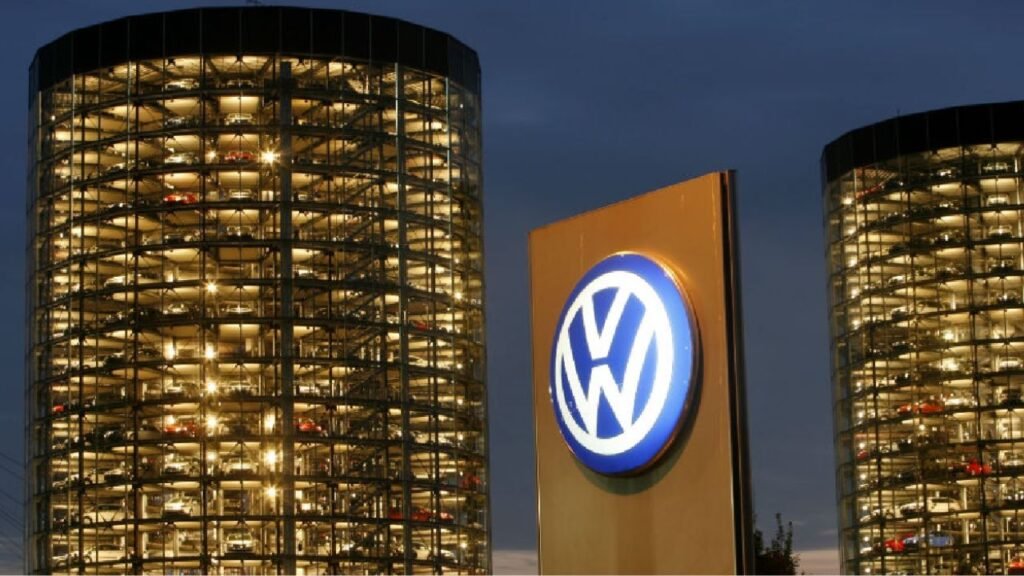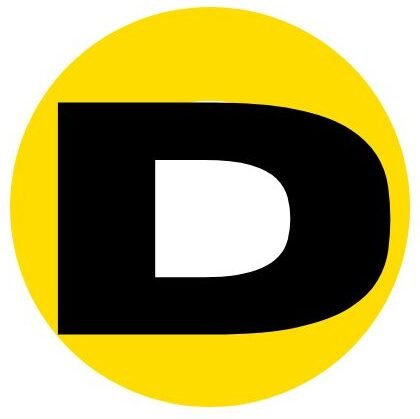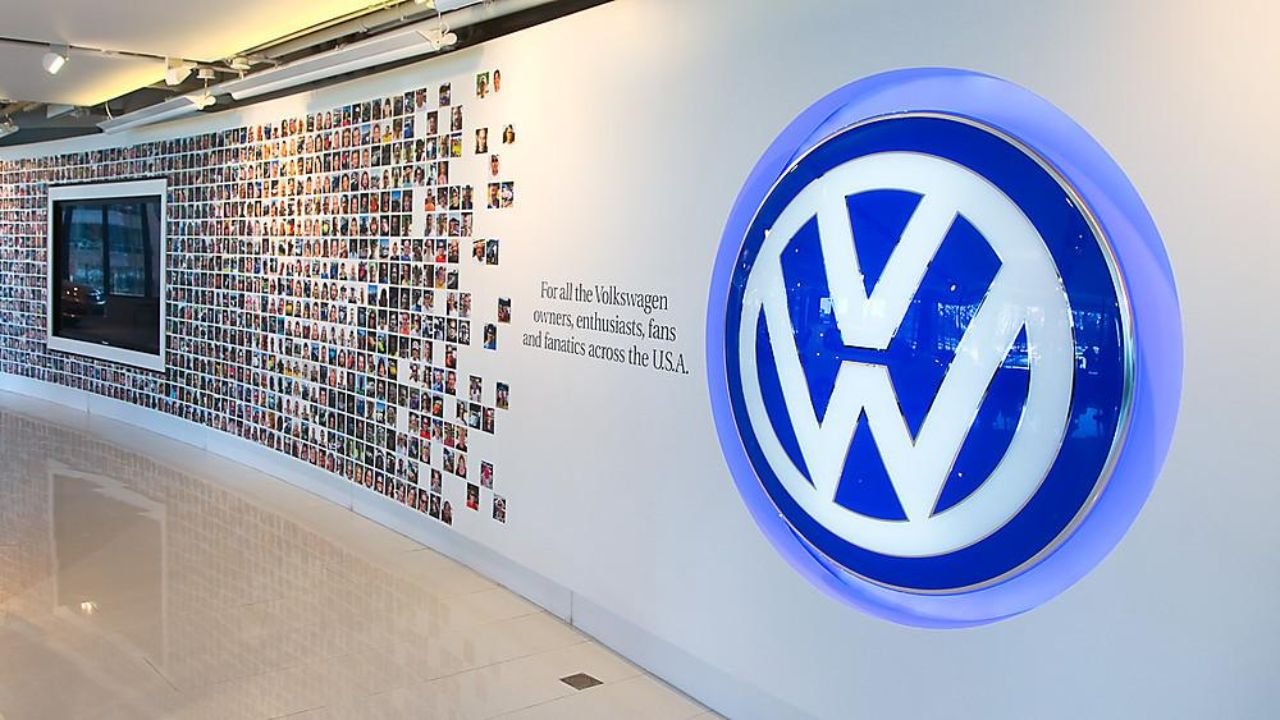Volkswagen is reportedly close to securing a trade deal with the United States as it navigates the challenges posed by tariffs and a volatile global market. The German automaker, which also owns brands such as Audi, Seat, and Porsche, has faced significant financial pressure due to trade levies imposed during Donald Trump’s presidency, costing the company billions of euros, according to CEO Oliver Blume.
Impact of Tariffs on Volkswagen
The tariffs, originally set at 27.5% on European car imports and parts, have weighed heavily on Volkswagen’s balance sheet. Although a reduction to 15% has been proposed, Blume has warned that even this lower rate would remain a financial burden. Porsche, in particular, is experiencing a “sandwich” effect, squeezed between tariffs and weak sales in the Chinese market, which has further compounded losses.
Volkswagen’s Strategy in the US
To address the situation, Volkswagen has announced plans for significant investments in the United States. These efforts are part of ongoing discussions with the US government to negotiate a more favourable tariff arrangement, potentially lowering the rate below 15%. Blume emphasised that the company hopes a deal will be reached in the coming weeks, highlighting the importance of American investment to its global strategy.
Local Production and Export Plans

As part of its US-focused strategy, Volkswagen is considering localising production of its Audi models while expanding exports from the United States. By manufacturing cars closer to the American market, the company aims to mitigate tariff costs while maintaining competitiveness against local and European rivals. This approach reflects a broader trend in the automotive industry to adapt production strategies in response to international trade policies.
Electric Vehicle Ambitions
In Munich, Blume unveiled a concept for a new small electric car aimed at capturing a significant share of Europe’s compact EV market. “These models are built on one concept: e-mobility for everyone, at an attractive price and profitable,” he stated. Volkswagen is targeting one-fifth of the compact electric vehicle segment, underscoring its commitment to affordable, environmentally friendly transportation.
Wider Industry Disruptions
Trump’s trade war has caused ripple effects across the automotive sector. Competitors such as BMW are also adjusting, with plans to release a Chinese version of its iX3 SUV in 2026. Meanwhile, UK-based manufacturers have been hit hard. Lotus announced 550 job cuts, and Jaguar Land Rover is reducing up to 500 management positions, citing the combined impact of tariffs, market uncertainty, and operational disruptions including cyber-attacks.
Outlook for Volkswagen and the Auto Industry
While the potential US trade deal offers hope for relief, Volkswagen and the wider car industry remain cautious. The company continues to balance global expansion, tariff negotiations, and investment in electric mobility, all while navigating unpredictable international markets. For Porsche and other luxury brands, the challenge of maintaining profitability in the face of tariffs and slowing demand in key regions remains acute.

